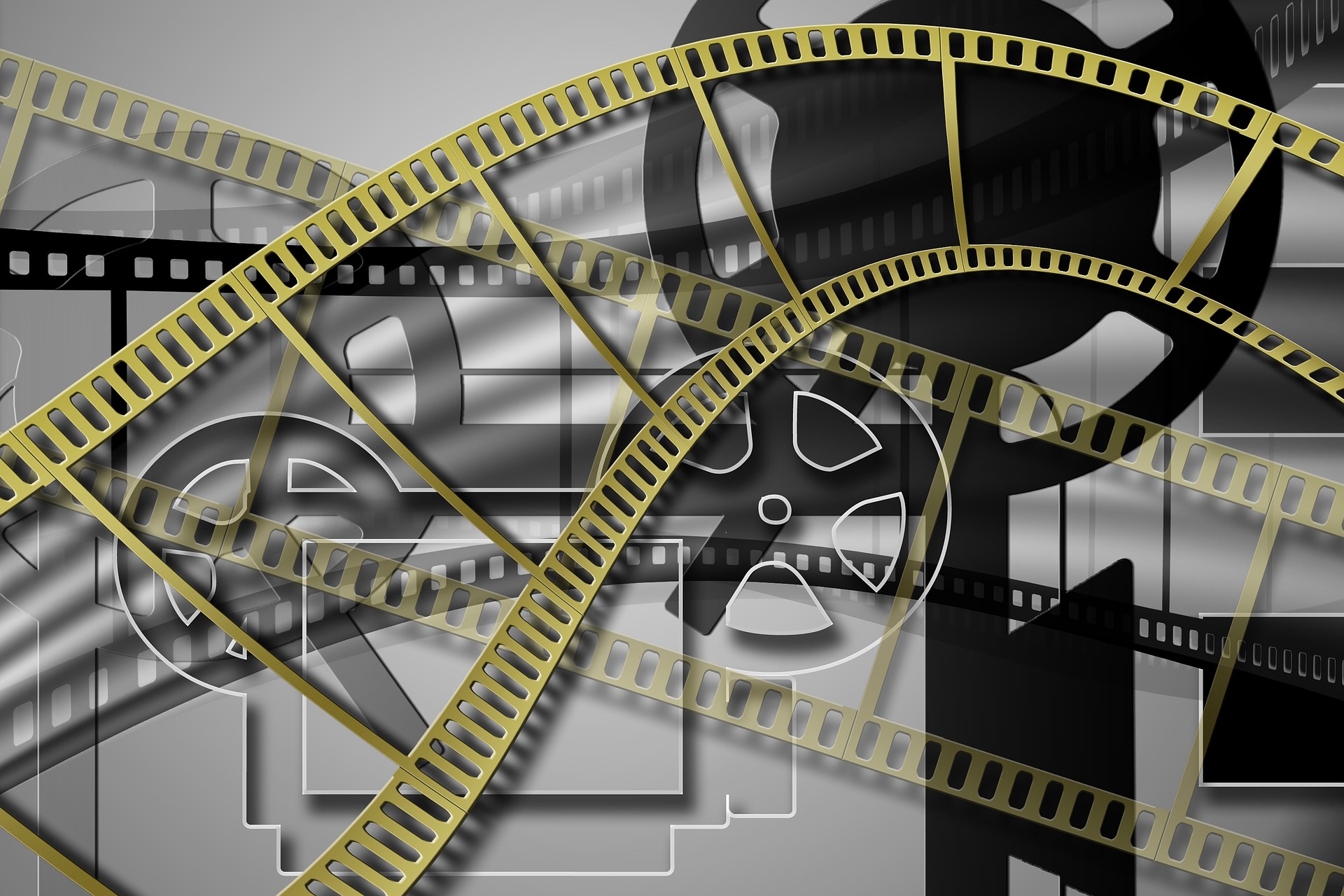Cinema and entertainment law
The entertainment industry requires specific expertise and constant attention to the needs of customers, whether they are companies or individual artists. Among the needs of the latter, as well as of production and distribution companies, there is that of protecting themselves from counterfeiting and indiscriminate use of intellectual works.
Copyright has the main purpose of protecting musical, literary, theatrical, graphic, photographic, cinematographic, multimedia works, etc., through the power to claim authority and prevent others from using it without the necessary authorization.
However, among the main needs of companies operating in the world of entertainment, the protection of copyright on their projects is secondary, since, at the base, there is the need to develop quality products, on whose final success (in terms of economic return, criticism and recognition) the fate of future projects often depends.
To achieve this result, the preparatory work is huge and multifaceted, from the choice and contractualization of all the subjects that will be part of the project to the accurate evaluation of the budget to be invested; from the stipulation of collaboration agreements necessary to finance and sell the product, to the start of bureaucratic procedures to obtain the necessary permits and the provision of public funds to start the project.
Every film, show, TV series requires an incredible deployment of both economic and personnel resources and, therefore, legal, fiscal and commercial support from professionals in the sector in all phases of development of the individual project.
Studio Coscia provides consultancy aimed at the needs of organizations operating in the world of entertainment (music, cinema, theater, television), assisting them in the development phases of the projects and in the protection of economic rights connected to works of genius and their exploitation, both from a contractual point of view and from that of judicial protection.

